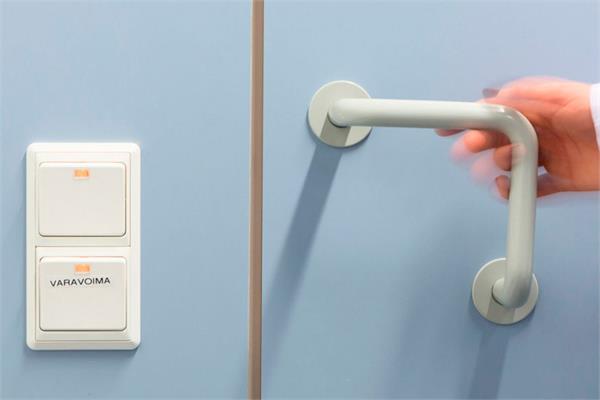
Teknos has participated in a research study to demonstrate that hygienic coatings are safe and effective.
In order to prevent the spread of antibiotic-resistant bacteria and hospital acquired infections (HAI), it is useful to coat the surfaces touched by people – such as door handles, chairs and light switches – with hygienic coatings. As silver phosphate actively prevents bacterial growth division, Teknos uses the silver phosphate-based BioCote® technology in its hygienic coatings.
So, the company has participated in an independent study to investigate the antimicrobial efficacy and safety of silver-treated laminate and powder coated surfaces by supplying example pieces coated with hygienic powder coatings to be tested.
The research, led by Kungliga Tekniska Högskolan from Sweden, aimed at understanding whether the antimicrobial efficacy of silver-treated laminate and powder coated surfaces was reduced upon simulated surface weathering and fingerprint contact. In addition, it also investigated if it is possible to measure the amount of silver released when it is present on the top surface
The surfaces have been exposed to two different types of bacterial strains: Escherichia coli and Bacillus subtili (Gram-positive and Gram-negative negative). Moreover, during the testing period, the surfaces have been exposed to as much natural wear and touching as possible.
The study found that no detectable amounts of silver appeared on the surfaces and that it was released into artificial sweat (stimulated fingerprint) in concentrations a thousand times lower than regulatory threshold values stipulated for materials and polymers in food contact. The reduction of bacteria from the surfaces was excellent after already twenty minutes of exposure.